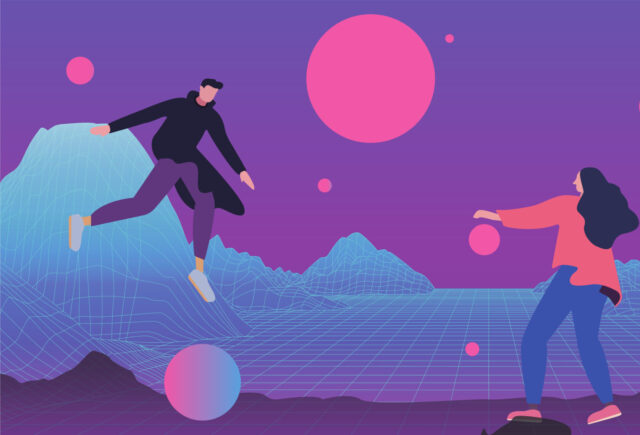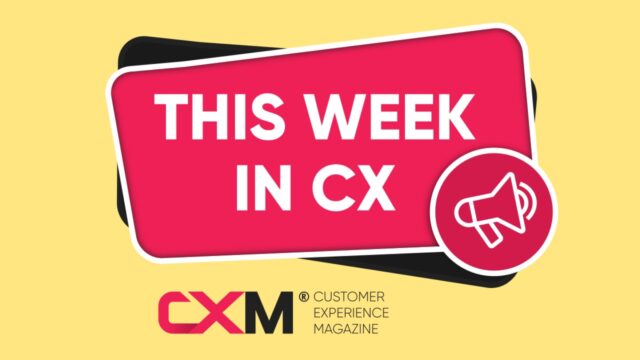April 08, 2025
Boomerang wants to transform lost items into found stories

Losing something valuable can be one of life’s most frustrating experiences. Desperately searching for a lost item can leave anyone feeling exasperated, especially when time is of the essence.
Skyler Logsdon, co-founder and CEO of Boomerang, understands the situation all too well. His company is on a mission to revolutionise the lost and found process across multiple industries — travel, sports, entertainment, and hospitality — using the power of artificial intelligence. Logsdon shares how Boomerang turns exasperation into relief, while redefining brand loyalty along the way.
CXM: Lost and found is often associated with frustration and delays. How is Boomerang using AI to change that perception?
Logsdon: At Boomerang, we’re transforming lost and found from a manual, time-consuming hassle into a seamless, automated process. Our AI and machine learning technology allows us to identify and track lost items with incredible accuracy. This significantly reduces delays and frustration for both customers and staff.
By integrating with hotel systems like property management systems (PMS) and customer relationship management (CRM) platforms, we streamline the recovery process. Guests can get their belongings back faster and with minimal effort, enhancing their overall experience and eliminating the inefficiencies that bog down hotel operations.
CXM: What are some of the biggest challenges with the lost and found process within hotels, and how does Boomerang address them differently?
Logsdon: Traditional lost and found processes are plagued by manual tracking, human error, and slow response times. These issues lead to low recovery rates and frustrated guests. Boomerang tackles these challenges by automating item identification and tracking, eliminating the need for paper logs and disorganised storage.
Our AI-powered search capabilities, coupled with integration into hotel systems, boost recovery rates by over 300%. This not only reduces operational costs but also lightens the staff’s workload.
Instead of treating lost and found as a burden, we see it as an opportunity to enhance guest satisfaction.
People can search for their lost items by submitting a request on our website. First, they need to choose the location where they lost the item – an airport, a hotel, a stadium, etc. Then, they need to describe what they lost and the time when they lost it. Finally, they should provide contact details so we can get in touch once the item is found!
CXM: Beyond simply reuniting people with their lost belongings, how does Boomerang’s approach impact customer satisfaction and brand loyalty?
Logsdon: Lost items often carry significant emotional weight, tied to important memories and personal value. When a hotel can quickly return a lost item, it creates a moment of trust and appreciation that strengthens brand loyalty.
Boomerang ensures that this process is effortless for guests, reinforcing their positive perception of the hotel’s service.
By alleviating the stress associated with lost belongings and delivering a seamless experience, hotels using Boomerang report higher guest satisfaction, increased repeat bookings, and stronger brand advocacy.
CXM: Many companies treat lost and found as a low-priority service. How are you convincing brands that investing in a better recovery process is worth it?
Logsdon: We believe that lost and found is more than just an operational task; it’s a direct reflection of a company’s commitment to customer experience.
We help businesses see lost and found as an opportunity to enhance customer loyalty rather than a back-office burden.
We showcase data on increased recovery rates, improved customer satisfaction, and reduced operational costs to demonstrate the ROI of our platform.
By automating a previously time-consuming process, staff can focus on higher-value tasks instead of managing lost items manually. The bottom line is: a better lost and found process leads to happier customers, a stronger brand reputation, and increased customer retention.



